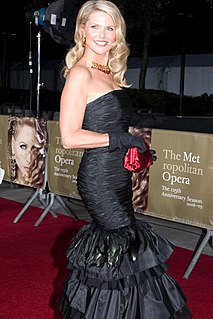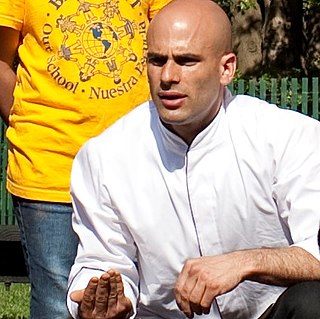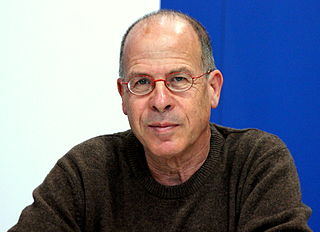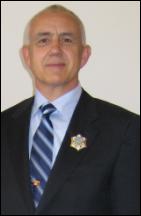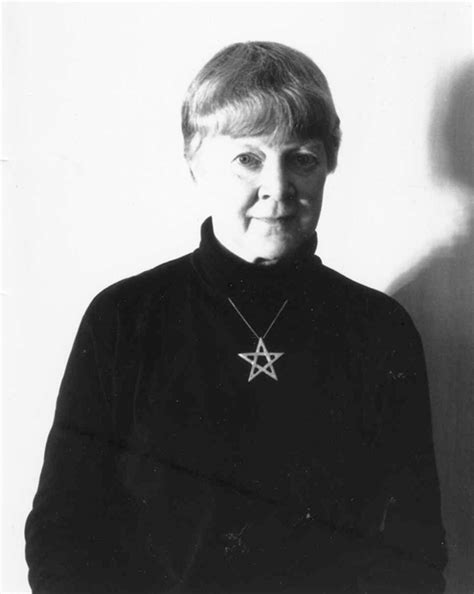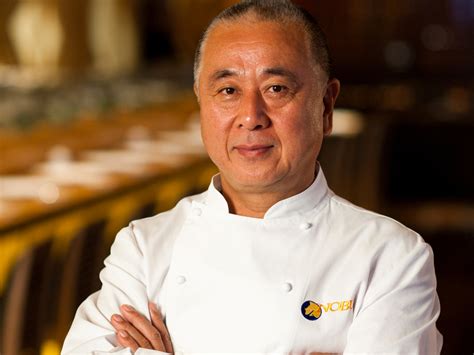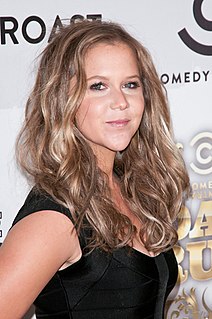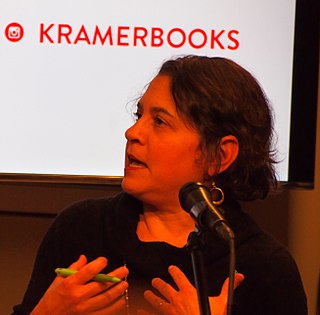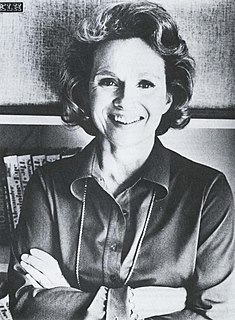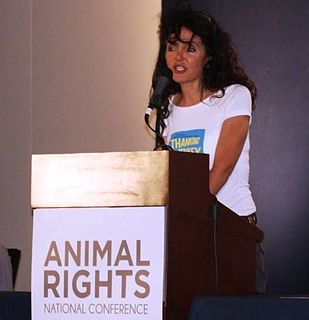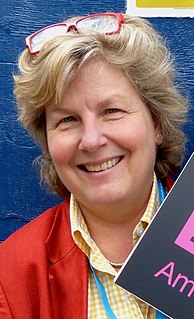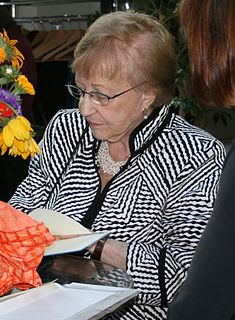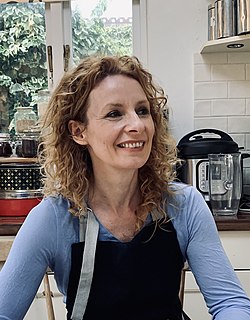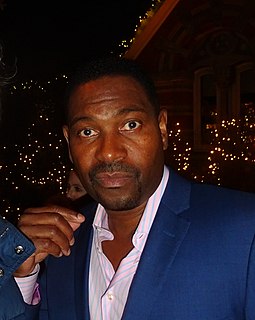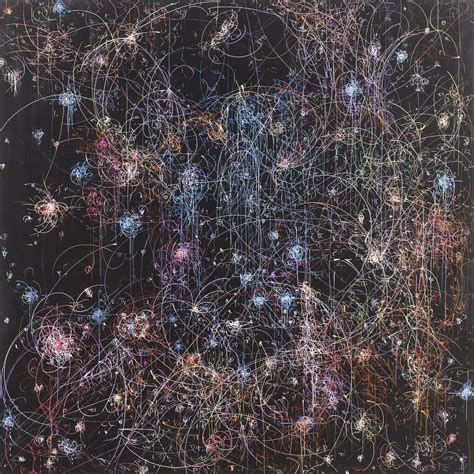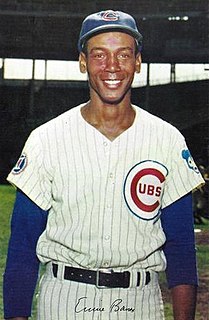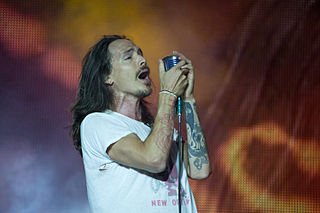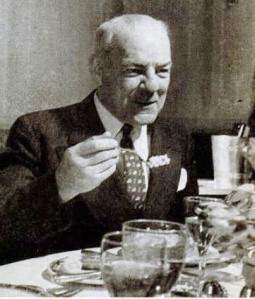Top 868 Alphabet Soup Quotes & Sayings - Page 14
Explore popular Alphabet Soup quotes.
Last updated on April 20, 2025.
Lunch is a big huge salad with every color in it. From leafy greens to purple to herbs, fresh cut herbs mixed into it for flavors. I vary what I toss into it. Sometimes it might be lentils and chopped tomatoes, other days it could be garbanzo beans, some days I might have just a salad and have some lentil soup on the side.
Writers are voracious readers. Once I unlocked the mystery of the alphabet that led to words, a multitude of words connecting me to the world, there was no stopping me. Everything was fair game, from Louisa May Alcott to my older cousin's True Romance Magazines, from Lewis Carroll to the backs of cereal boxes. All of this fed me, but it took certain books to make me grow. I don't want to work without a sense of drama, without passion, or without both eyes open to the world around me.
It's in that tradition that we're here today, and we look to soup because there's no force on the globe that brings people together on a daily basis with the same consistency and manner than the cultivation, preparation and eating of food. Food affords us the opportunity to touch everyone in our community, to address the needs of all groups - food is the intersection of the most pressing issues of our time.
People who volunteer at the recycling center or soup kitchen through a church or neighborhood group can come to feel part of something 'larger.' Such a sense of belonging calls on a different part of a self than the market calls on. The market calls on our sense of self-interest. It focuses us on what we 'get.'
I started out being a stand up and writing my own material. That took me to Talk Soup, where I was writing and performing for TV. So everything is all the same job in my eyes, and I don't want to ever give up any part of it. I will say that stand-up is my first love; it's how I got started and is in my bones.
Human memory awakens and extinguishes at will. It dulls and sharpens actions, enlarges and shrinks those who perform them. It humbles and exalts as it desires. When summoned, it slips away, and when it returns, it will do so at the time and place that suits it. It recognizes no chief, no overseer, no classifier, no ruler. Stories mix and mingle, facts sprout new shoots. The situations and words and scents-oh, the scents!-encrusted there are stored in the most disorganized and wonderful manner, not chronologically, not according to size or importance or even the alphabet.
In American terms, the accomplishment of Genghis Khan might be understood if the United States, instead of being created by a group of educated merchants or wealthy planters, had been founded by one of its illiterate slaves, who, by sheer force of personality, charisma, and determination, liberated America from foreign rule, united the people, created an alphabet, wrote the constitution, established universal religious freedom, invented a new system of warfare, marched an army from Canada to Brazil, and opened roads of commerce in a free-trade zone that stretched across the continents.
In the beginning, in the time that was no time, nothing existed but the Womb. And the Womb was a limitless dark cauldron of all things in potential: a chaotic blood-soup of matter and energy, fluid as water yet mud-solid with salts of the earth; red-hot as fire yet restlessly churning and bubbling with all the winds. And the Womb was the Mother, before She took form and gave form to Existence. She was the Deep. . . .
Although the Great Leader told us that we have to let the people eat rice with meat soup, wear silk clothes and live in a tiled roof house, we have not accomplished his will. We have already reached the status of a strong country in the military field, let alone politics and ideology, but there are still quite a number of things lacking in people's lives. I am trying to implement his will by solving these problems.
All that a university or final highest school. can do for us is still but what the first school began doing--teach us to read. We learn to read in various languages, in various sciences; we learn the alphabet and letters of all manner of books. But the place where we are to get knowledge, even theoretic knowledge, is the books themselves. It depends on what we read, after all manner of professors have done their best for us. The true university of these days is a collection of books.
Passion, and passion in its profoundest, is not a thing demanding a palatial stage whereon to play its part. Down among the groundlings, among the beggars and rakers of the garbage, profound passion is enacted. And the circumstances that provoke it, however trivial or mean, are no measure of its power. In the present instance the stage is a scrubbed gun deck, and one of the external provocations a man-of-war's-man's spilled soup.
It reminds me of a string of wet sponges; it reminds me of tattered washing on the line; it reminds me of stale bean soup, of college yells, of dogs barking idiotically through endless nights. It is so bad that a sort of grandeur creeps into it. It drags itself up out of the dark abyss of pish and crawls insanely up the topmost pinnacle of posh. It is rumble and bumble. It is flap and doodle. It is balder and dash.
I'm not sure I'd classify any topics as off-limits, but I don't look for new territories to offend. There's my joke about when my roommate beat cancer. People talk about cancer survivors like they're warriors, but from where I was sitting, she was just watching television and eating soup. Like, did she go to war? No. She kind of just sat around.
The secular utopians basically said the exact same thing, they just took the Bible out of the equation. The religious and the secular groups recognized each other as fellow travellers. They exchanged newsletters and asked each other questions like, "What's a good soup pot to use if you're making dinner for 800 people?" They had these practical connections.
If I were inclined to worry that the United States was veering in a dangerously theocratic direction, here's a short list of things I wouldn't fret about: a reality television program depicting the lives of ordinary Americans; a clause in a contract between parties to a business transaction agreeing that any disputes that arise between them be resolved in compliance with shared religious principles; halal soup; halal turkeys on the Thanksgiving table.
What we want, we have for our pains
The promise that if we but wait
Till the want has burned out of our brains,
Every means shall be present to state;
While we send for the napkin the soup gets cold,
While the bonnet is trimming the face grows old,
When we've matched our buttons the pattern is sold,
And everything comes too late-too late.
Nature's law says that the strong must prevent the weak from living, but only in a newspaper article or textbook can this be packaged into a comprehensible thought. In the soup of everyday life, in the mixture of minutia from which human relations are woven, it is not a law. It is a logical incongruity when both strong and weak fall victim to their mutual relations, unconsciously subservient to some unknown guiding power that stands outside of life, irrelevant to man.
The menu of this kitchen will have more than soup; it will serve as an opportunity to explore the vast untapped power of food as a force for participatory democracy, as a means of empowerment for those who have little and as a lens through which we embrace, and in fact relish, our differences but see and live through our commonalities. If you eat, then you are a part of this.
For thousands of years, human beings had screwed up and trashed and crapped on this planet, and now history expected me to clean up after everyone. I have to wash out and flatten my soup cans. And account for every drop of used motor oil. And I have to foot the bill for nuclear waste and buried gasoline tanks and landfilled toxic sludge dumped a generation before I was born.
The rich plankton of pop heroes and pop villains on which we Americans are accustomed to feed, the daily media soup of sports figures, ax murderers, politicians, and rock singers, the ever-running river of celebs, heavies, and oddballs that we use to spice up our own relatively humdrum lives has of late become a very watery gruel. Where have all the good guys and bad guys gone? Why does everyone out there look so gray?
Chance alone is at the source of every innovaton, of all creation in the biosphere. Pure chance, only chance, absolute but blind liberty is at the root of the prodigious edifice that is evolution... It today is the sole conceivable hypothesis, the only one that squares with observed and tested fact. Stating life began by the chance collision of particles of nucleic acid in the "prebiotic soup."
Mr Leopold Bloom ate with relish the inner organs of beasts and fowls. He liked thick giblet soup, nutty gizzards, a stuffed roast heart, liverslices fried with crustcrumbs, fried hencods' roes. Most of all he liked grilled mutton kidneys which gave to his palate a fine tang of faintly scented urine.
Some of us seem to be born with a drive to try to make the world kinder. In my twenties, living in New York City, I worked in a soup kitchen every Sunday for many years, just trying to do my part. Then I read Animal Liberation and learned about factory farming and the killing of animals for oven cleaner and realized nobody needed my help as badly as the animals did.
I have to say, I have to tell you that my kids had a most marvelous time having two moms. When my daughter was at university, she got flu. And both mums rushed to be with her. And we were both looking after her and making soup and tidying up. And one of her friends came in and went, 'Two mums? Not fair.'
I went to work at seven in the morning. Around noon time we got the watery soup. And we worked until seven or eight or nine at night, sometimes later. And then I walked back home - there was no public transportation - into that shared room. And if there was food we would prepare an evening meal depending on what was available. And then probably go to bed because it was cold most the time. And then start the day all over again, six or seven days a week.
A child is nothing like a racing car. . . . Souping up babies doesn't work that way. The child is what she is. There is a certainirreducible if elusive core. Pushing, pulling, stretching, and shrinking will not really change it. There may be spectacular interim results. The baby may say the alphabet before she walks, master two-times or even ten-times table at three. In the long run, however, this forced precocity tends to be irrelevant. . . . Whatever gains there are become unimportant. The losses can be irrevocable.
Our humanist community should be thinking more about demonstrating the fundamental truth that goodness requires neither God nor the belief in God by organizing together as a community to do good. Less money spent on billboards that just make us feel good about ourselves and more on soup kitchens and organized visits to the sick and dying.
The saddest utensil I've come across is an 'anti-loneliness ramen bowl,' which holds your iPhone to keep you company as you slurp your solitary bowl of noodles. But the iPhone cannot return your gaze or reassure you that you didn't squeeze too much lime into the soup, though maybe a dinner-conversation app is only a matter of time.
There were two forests for every one you entered. There was the one you walked in, the physical echo, and then there was the one that was connected to all the other forests, with no consideration of distance, or time. The forest primeval, remembered through the collective memory of every tree in the same way that people remembered myth- through the collective subconscious that Jung mapped, the shared mythic resonance that lay buried in every human mind. Legend and myth, all tangled in an alphabet of trees remembered, not always with understanding, but with wonder. With awe.
My mother imparted her daily truths so she could help my older brothers and me rise above our circumstances. We lived in San Francisco's Chinatown. Like most of the other Chinese children who played in the back alleys of restaurants and curio shops, I didn't think we were poor. My bowl was always full, three five-course meals every day, beginning with a soup full of mysterious things I didn't want to know the names of.
I suppose there is no place in the world where snobbery is quite so ever-present or where it is cultivated in such refined and subtle forms as in an English public school. Here at least one cannot say that English ‘education’ fails to do its job. You forget your Latin and Greek within a few months of leaving school — I studied Greek for eight or ten years, and now, at thirty-three, I cannot even repeat the Greek alphabet — but your snobbishness, unless you persistently root it out like the bindweed it is, sticks by you till your grave.
Every time we walk along a beach some ancient urge disturbs us so that we find ourselves shedding shoes and garments or scavenging among seaweed and whitened timbers like the homesick refugees of a long war... Mostly the animals understand their roles, but man, by comparison, seems troubled by a message that, it is often said, he cannot quite remember or has gotten wrong... Bereft of instinct, he must search continually for meanings... Man was a reader before he became a writer, a reader of what Coleridge once called the mighty alphabet of the universe.
I've come to realize that making it your life's work to be different than your parents is not only hard to do, it's a dumb idea. Not everything we found fault with was necessarily wrong; we were right, for example, to resent, as kids, being told when to go to bed. We'd be equally wrong, as parents, to let our kids stay up all night. To throw out all the tools of parenting just because our parents used them would be like making yourself speak English without using ten letters of the alphabet; it's hard to do.
Anyway, like I was saying, shrimp is the fruit of the sea. You can barbecue it, boil it, broil it, bake it, sautes it. There's, um, shrimp ka-bobs, shrimp creole, shrimp gumbo, pan-fried, deep-fried, stir-fried. There's pineapple shrimp, lemon shrimp, coconut shrimp, pepper shrimp, shrimp soup, shrimp stew, shrimp salad, shrimp and potatoes, shrimp burger, shrimp sandwich... That's, that's about it.
Brother raises a hand against brother and son against father (how terrible!) and the father also against son. And moreover it is a continuity-matter, for if the father did not strike the son, they would not be alike. It is done to perpetuate similarity. Oh, Henderson, man cannot keep still under the blows.... A hit B? B hit C?--we have not enough alphabet to cover the condition. A brave man will try to make the evil stop with him. He shall keep the blow. No man shall get it from him, and that is a sublime ambition.
So after E, it’s A for ‘Acceptable,’ and that’s the last pass grade, isn’t it?” “Yep,” said Fred, dunking an entire roll in his soup, transferring it to his mouth, and swallowing it whole. “Then you get P for ‘Poor’ ” — Ron raised both his arms in mock celebration — “and D for ‘Dreadful.’ ” “And then T,” George reminded him. “T?” asked Hermione, looking appalled. “Even lower than a D? What on earth does that stand for?” “ ‘Troll,’ ” said George promptly.
You may have the best vegetables, you may be the most capable cook, but, if the copper vessel in which you prepare the vegetable soup is not tinned, the concretion you cook will be highly poisonous! So 'tin' your heart with truth, right conduct, peace and divine love; it will then become a vesssel fit for repeating holy name or symbols, meditation, religious vows, pilgrimage, ritualistic worship and the other dishes that you prepare in it.
There's stable subatomic particles - protons, neutrons, electrons - and then there's unstable ones that decay into stable ones. One will become many. There's this constant process of transformation that underlies everything in the entire universe. They also make these beautiful marks through time. It's like the universe was drawing, essentially, at this fundamental level. There's always an alphabet that's based in natural patterns. Sometimes they're just by themselves, sometimes they build up these other things that relate to the conception, that are more at our level of existence.
Rats They fought the dogs and killed the cats, And bit the babies in the cradles, And ate the cheeses out of the vats, And licked the soup from the cook's own ladles. Split open the kegs of salted sprats, Made nests inside men's Sunday hats, And even spoiled the women's chats By drowning their speaking With shrieking and squeaking In fifty different sharps and flats.
There are five known gyres spinning around in our world's oceans. A gyre is a slowly moving spiral of currents created by a high pressure system of air currents. A spinning soup, so to speak, is made of what exists in the water. And in this case, the gyres are spinning with millions of tons of our discarded and forgotten about plastic waste!
A is for Alibi, my first book, was published in 1982. As it happened the next couple of books took place in June and August of that year. Without meaning to I painted myself into a corner. The other issue was the aging process. I did not want my main character to age one year for every book so I slowed the whole process down. This way I could get through all 26 letters of the alphabet without making her 109 years old in 2015. I might end the series in either 1990 or on New Years Eve 1989.
Harry Reid was talking about soup lines, and Hillary Clinton was talking about the economy being on the verge of collapse. Yet, in the same breath, they say that Social Security is rock solid, and there's no crisis there. How are you going to work-you said you're going to reach out to these people-how are you going to work with people who seem to have divorced themselves from reality?
I suppose she chose me because she knew my name; as I read the alphabet a faint line appeared between her eyebrows, and after making me read most of My First Reader and the stock-market quotations from The Mobile Register aloud, she discovered that I was literate and looked at me with more than faint distaste. Miss Caroline told me to tell my father not to teach me any more, it would interfere with my reading.
Imagine 1050 blind persons each with a scrambled Rubik's cube, and try to conceive of the chance of them all simultaneously arriving at the solved form. You then have a chance of arriving by random shuffling, of just one of the many biopolymers on which life depends. The notion that not only the biopolymers but the operating program of a living cell could be arrived at by chance in a primordial organic soup here on the Earth is evidently nonsense of a high order.
I don't know how you perceive my mission as a writer, but for me it is not a responsibility to reaffirm your concretized myths and provincial prejudices. It is not my job to lull you with a false sense of the rightness of the universe. This wonderful and terrible occupation of recreating the world in a different way, each time fresh and strange, is an act of revolutionary guerrilla warfare. I stir the soup. I inconvenience you. I make your nose run and your eyes water.
In a serious relationship, I will definitely write music about a guy. I'm totally into mix tapes and I'm all about small little things. I'll drop by their door and just leave a gift or come over if they're sick and make them chicken noodle soup and rent a DVD and play board games. I think those little things mean a lot to someone.
Everywhere you look, there is a charity or a project in school to get involved in. In eighth grade, there was this program called CJSF, California Junior Scholarship Foundation. We were involved in soup kitchens and toy drives, and your school can set up something like that. If your school doesn't have a program like that, set one up.
There is a new face to hunger today. Many of the people who come to food pantries and soup kitchens are people who never thought they would need help - people who were once part of the middle class and are now unemployed or underemployed - people who are struggling to get by from day to day and week to week.
Books are frozen voices, in the same way that musical scores are frozen music. The score is a way of transmitting the music to someone who can play it, releasing it into the air where it can once more be heard. And the black alphabet marks on the page represent words that were once spoken, if only in the writer's head. They lie there inert until a reader comes along and transforms the letters into living sounds. The reader is the musician of the book: each reader may read the same text, just as each violinist plays the same piece, but each interpretation is different.
We all start out with the same alphabet. We are all unique. Talent is not the most important thing --- discipline and dedication are. Craft can be learned but desire and longing are innate. Despite the demands of school and just being young, try to write SOMETHING every day --- a description, a captured emotion, a simile, a metaphor. Read, for crying out loud! A writer must read the way a ball player must go to the ballfield every day to practice. Everything is possible in this world of ours--- and so's publication.
The coexistence of opposites - stillness and dynamism - makes you independent... When you quietly acknowledge this exquisite coexistence of opposites, you align yourself with the world of energy - the quantum soup, the non-material non-stuff that is the source of the material world. This world energy is fluid, dynamic, resilient, changing, forever in motion. And yet it is also non-changing, still, quiet, eternal and silent.
